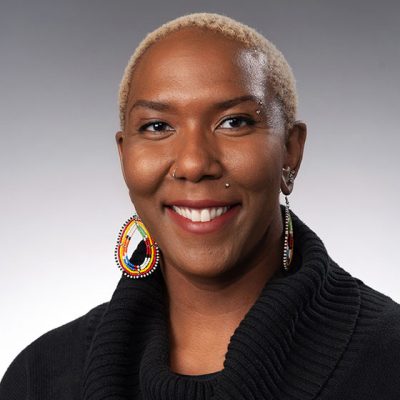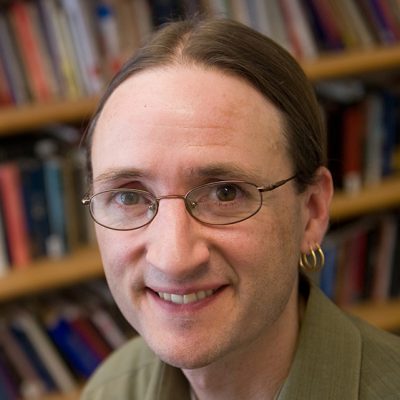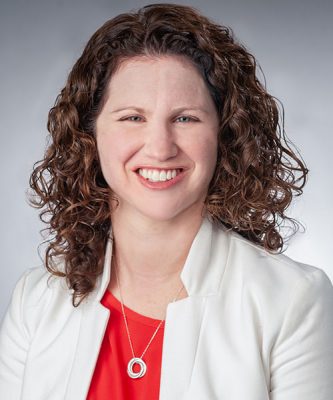Partnership With Sony Electronics to Bring Leading-Edge Tech to Help Ready Students for Career Success
Sony Electronics is partnering with the S.I. Newhouse School of Public Communications to provide state-of-the-art equipment, hands-on training and world-class industry expertise as part of a collaboration that will prepare students for careers in media, entertainment and visual communications. The…






